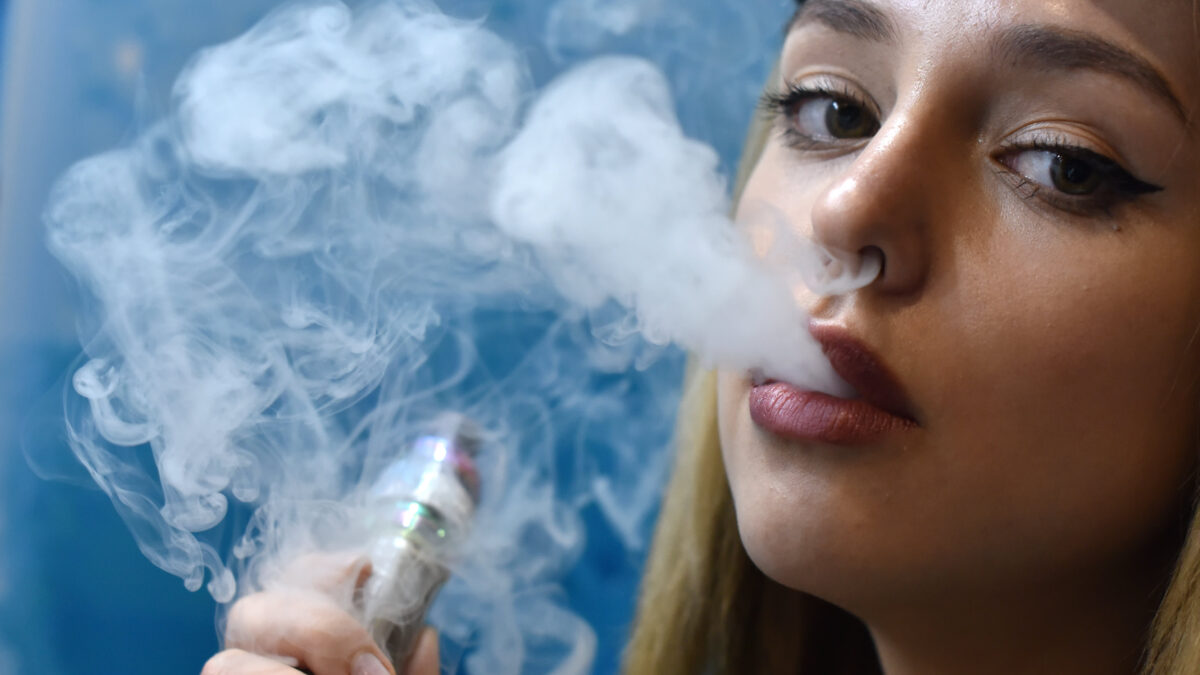
In recent years, the world has witnessed a significant shift in the way individuals consume nicotine and related products. One of the most notable developments is the rise of Cake Disposables Vaps, a practice that involves inhaling aerosolized substances produced by electronic cigarettes or vaporizers. While marketed as a less harmful alternative to traditional smoking, the surge in popularity of vaping has sparked heated debates among health professionals, policymakers, and the public alike.
Proponents of vaping argue that it offers a safer option for smokers seeking to quit combustible tobacco products. They point to research suggesting that vaping reduces exposure to harmful chemicals found in traditional cigarettes, potentially leading to improved respiratory health and reduced risks of smoking-related diseases. Additionally, the diverse range of flavors and customizable options associated with vaping has attracted a younger demographic, positioning it as a trendier and more socially acceptable alternative.
However, concerns surrounding vaping cannot be ignored. Detractors emphasize that the long-term health effects of inhaling vaporized substances remain largely unknown, and the surge in popularity among teenagers and young adults has raised alarms about a potential gateway to nicotine addiction. The alluring flavors and sleek designs of vaping devices have drawn criticism for glamorizing nicotine use and targeting a vulnerable audience.
Further complicating the issue is the emergence of a phenomenon known as Private Blog Networks (PBNs) within the vaping industry. These networks consist of websites that often appear legitimate but are designed to manipulate search engine rankings, leading users to biased or inaccurate information about vaping products. PBNs can propagate misleading claims about the safety and benefits of vaping, potentially putting users at risk.